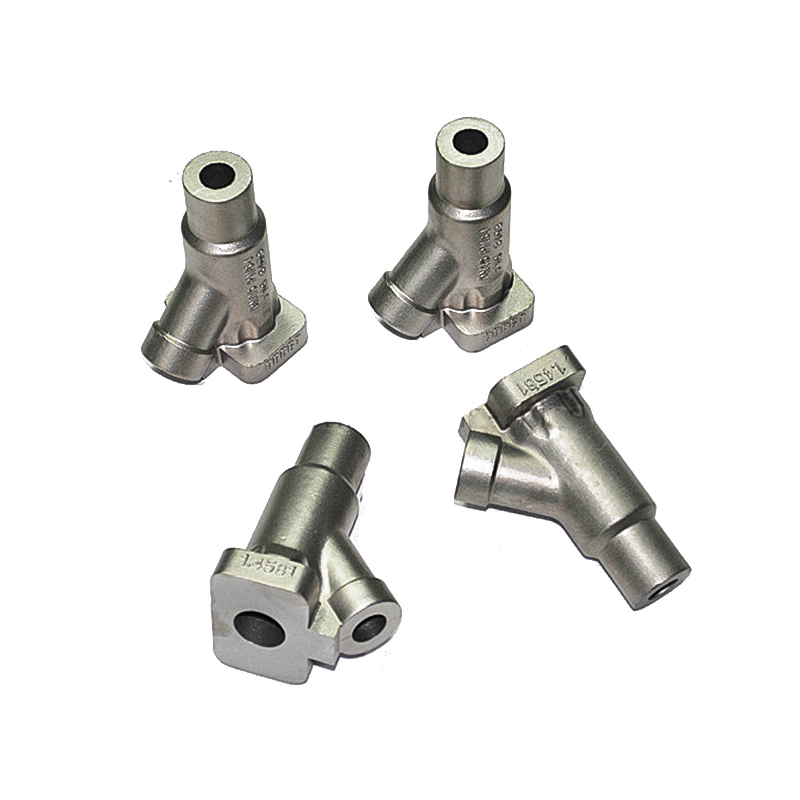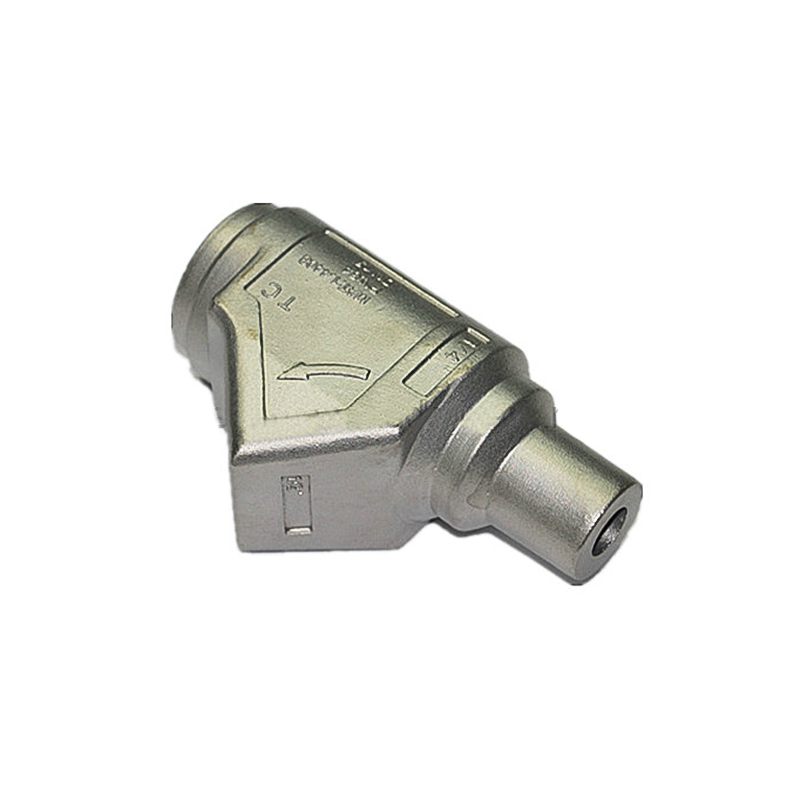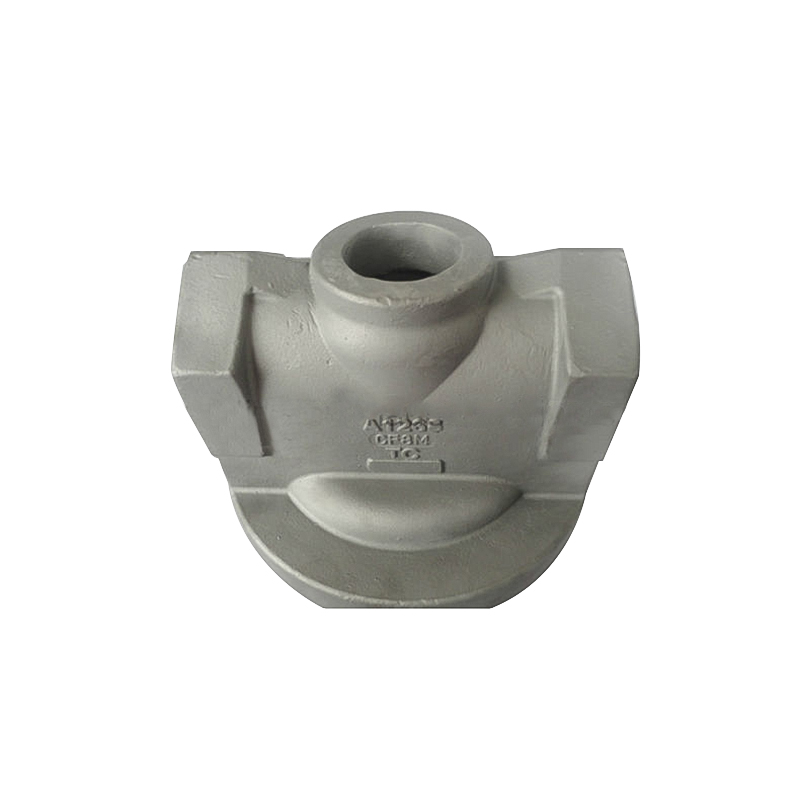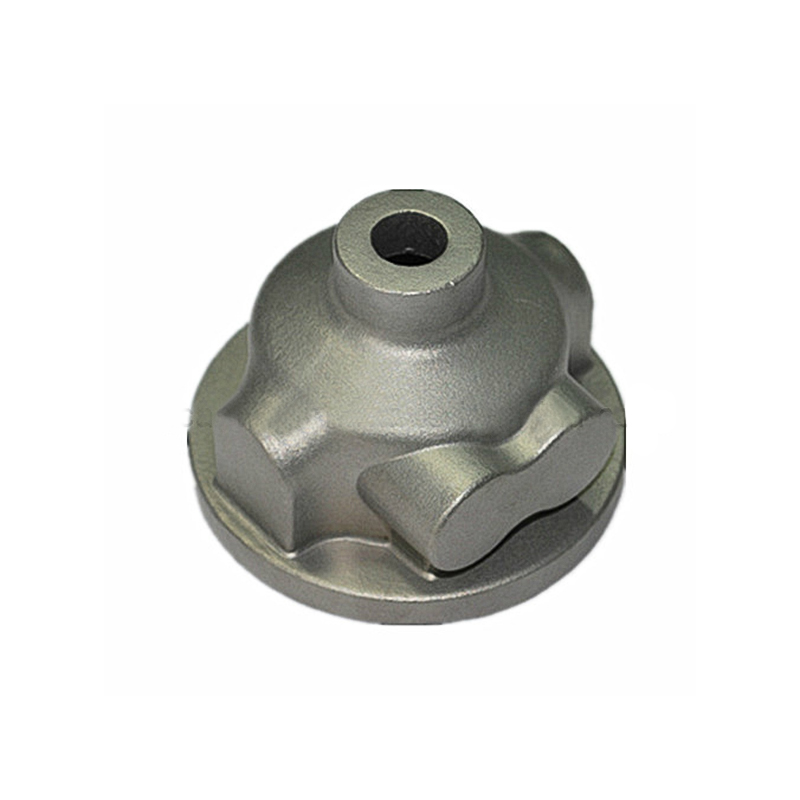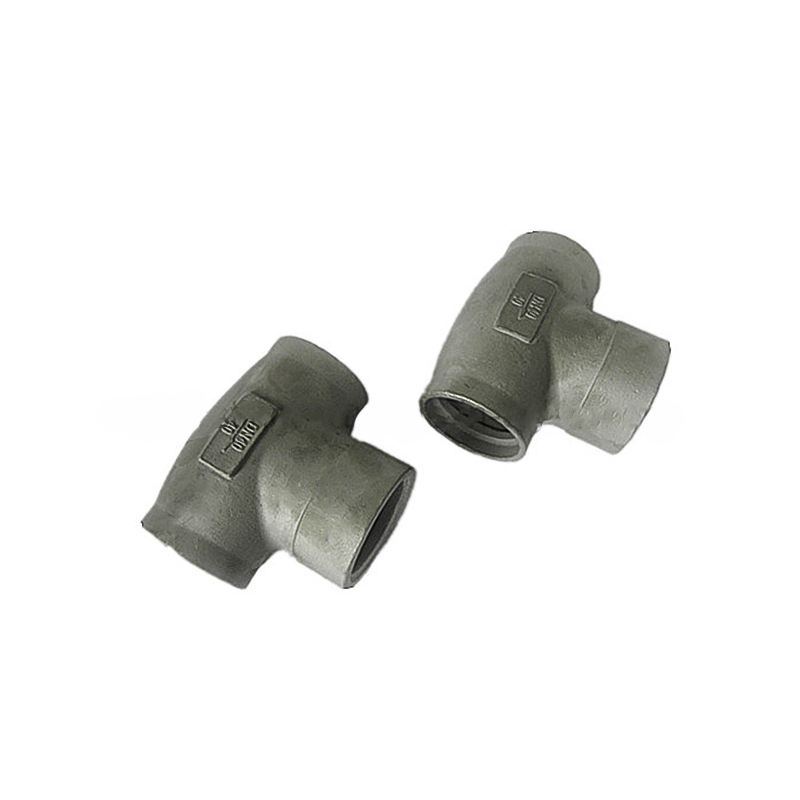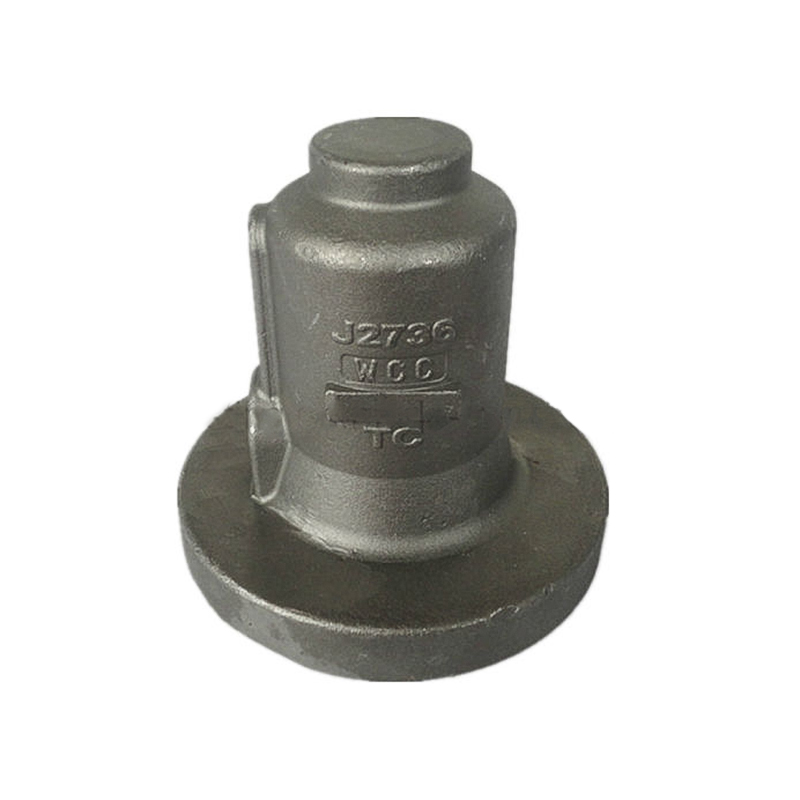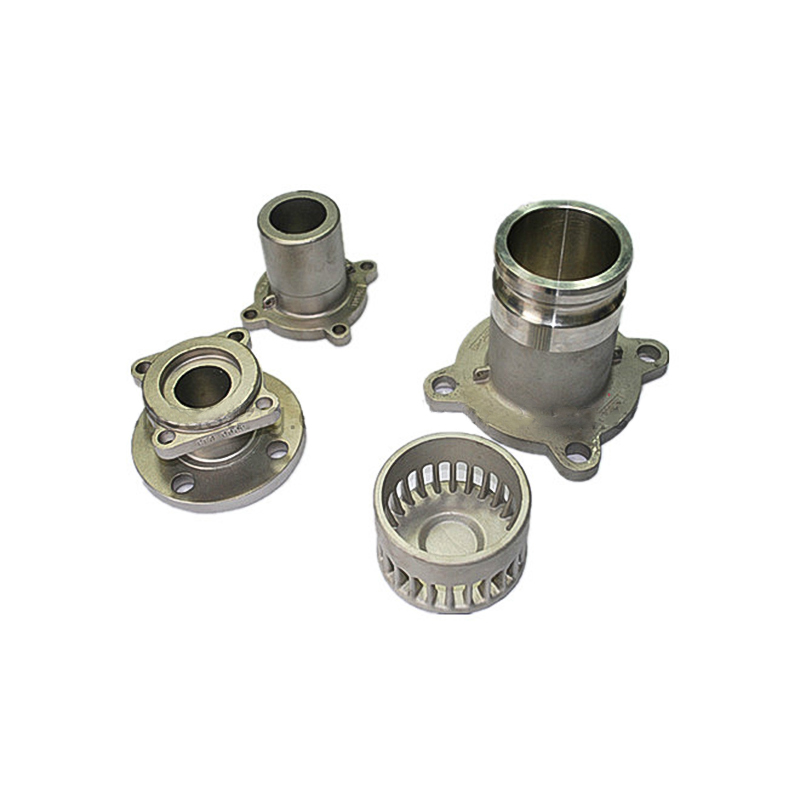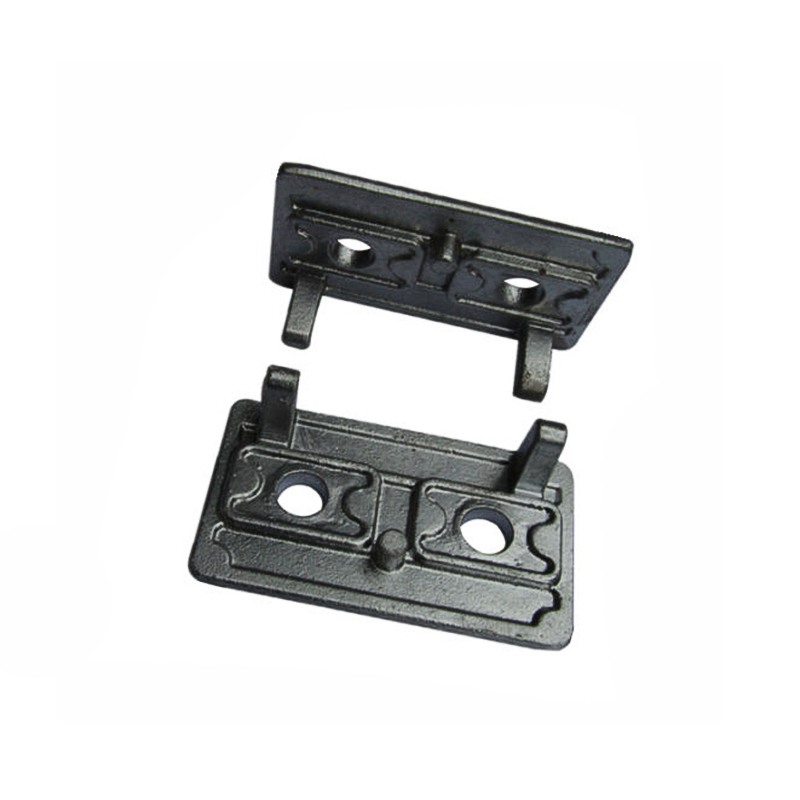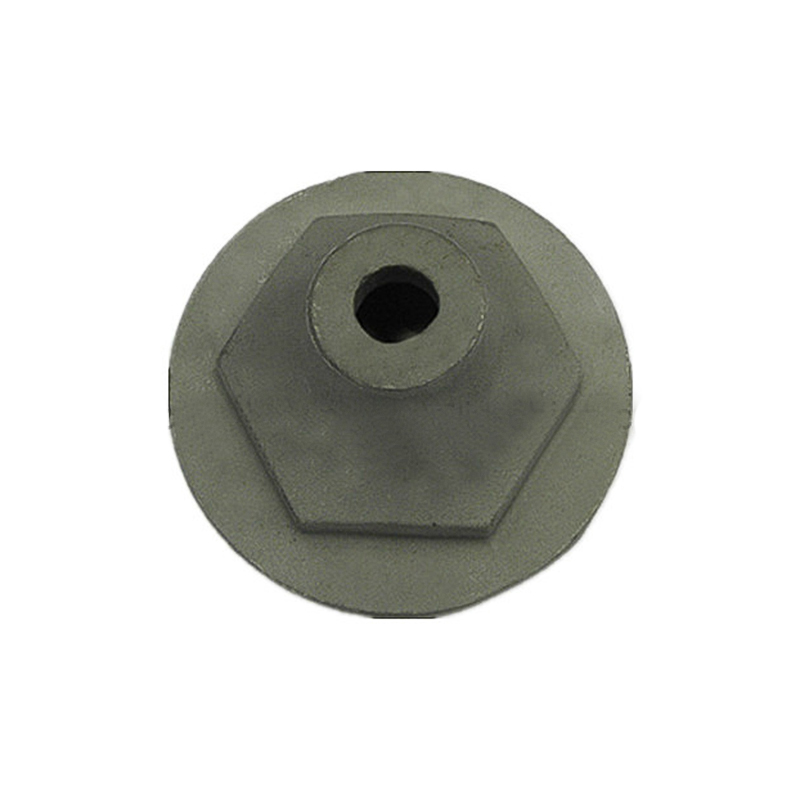Why High-Quality Machinery Casting Parts Are Crucial for Efficient Production
In the world of manufacturing, machinery casting parts serve as the backbone of production processes across a wide range of industries, from automotive and aerospace to construction and mining. These parts, which are created by pouring molten metal into molds, form the essential components that make complex machines operate smoothly. High-quality machinery casting parts are not just a luxury—they are a necessity. They directly impact efficiency, productivity, safety, and cost-effectiveness in the production cycle.
1. Improved Durability and Longevity
One of the primary advantages of using high-quality machinery casting parts is their durability. Industrial machines often operate under extreme conditions, such as high temperatures, heavy loads, and continuous operation. Without durable components, these machines are more likely to wear down, break, or fail prematurely, leading to costly downtime and repairs.
High-quality casting parts are made from superior materials, such as high-grade metals or alloys, that are designed to withstand harsh conditions. For example, cast iron, steel, and aluminum alloys are commonly used in high-performance parts because they offer strength, wear resistance, and thermal stability. These durable parts ensure that machinery can run for longer periods without breakdowns, reducing the need for frequent maintenance and extending the lifespan of both the machine and the parts.
2. Enhanced Precision and Performance
Precision is crucial in manufacturing, especially for industries like aerospace, automotive, and medical devices, where even the slightest imperfections can lead to catastrophic failures. High-quality machinery casting parts are designed with exceptional attention to detail and precision, ensuring that they meet the exact specifications required for optimal machine performance.
Casting parts made with precision improve the overall performance of machinery. This means that the components fit perfectly within the system, leading to smoother operations, greater efficiency, and better output quality. For example, in the automotive industry, a poorly cast engine part can lead to poor engine performance, excessive fuel consumption, or even engine failure. On the other hand, high-precision casting parts ensure that every component functions as intended, contributing to the overall quality of the product being manufactured.
3. Increased Production Efficiency
High-quality machinery casting parts play a direct role in enhancing the efficiency of the entire production process. When casting parts are made with precision and durability, the machine itself operates with greater ease, requiring less energy and fewer interventions for repairs or adjustments. As a result, manufacturers can maintain consistent production rates without costly interruptions.
Additionally, high-quality casting parts are easier to install and integrate into production lines. Poorly made parts may require extra time for adjustments, repairs, or reworking to ensure they fit correctly. By using high-quality casting parts from the outset, manufacturers can reduce the need for rework and improve the overall efficiency of their production lines.
4. Cost Savings Over Time
While high-quality machinery casting parts may initially cost more than lower-quality alternatives, they deliver significant cost savings in the long term. Low-quality parts often fail prematurely, leading to downtime, expensive repairs, and increased maintenance costs. Additionally, poor-quality parts can cause damage to other components within the machine, leading to more extensive and costly repairs.
On the other hand, high-quality casting parts are designed to last longer and perform better, reducing the need for frequent replacements. These parts also contribute to lower energy consumption and improved overall efficiency, meaning that the machinery operates at peak performance without incurring high operating costs. This can result in lower production costs and improved profit margins over time.
5. Enhanced Safety and Risk Reduction
In many industries, safety is a critical concern, and the quality of machinery casting parts plays a vital role in reducing risks. Machinery that is made with subpar casting parts can be prone to sudden malfunctions or failures, which can pose significant safety hazards to workers. For instance, a broken part in a heavy-duty machine could cause serious accidents, leading to injury or even fatalities.
High-quality casting parts, on the other hand, are designed to meet strict safety standards and undergo rigorous testing before they are used in production. These parts are less likely to fail under pressure, providing greater safety for workers and reducing the likelihood of costly accidents. By investing in high-quality casting parts, manufacturers can create a safer work environment, improve employee well-being, and avoid the legal and financial consequences of workplace injuries.
6. Reduced Environmental Impact
In today’s manufacturing world, sustainability and environmental responsibility are more important than ever. Low-quality casting parts may result in increased material waste, higher energy consumption, and the need for more frequent replacements. This not only harms the bottom line but also increases the environmental footprint of the manufacturing process.
High-quality machinery casting parts tend to be more efficient in their design and use of materials. By opting for precision casting techniques and using higher-quality raw materials, manufacturers can reduce waste and minimize their environmental impact. Additionally, high-quality parts are often designed with energy efficiency in mind, leading to less energy consumption during the manufacturing process and a reduction in overall operational costs.
7. Better Compatibility and Interchangeability
In large-scale manufacturing, equipment is often complex and includes many parts sourced from different suppliers. Having high-quality machinery casting parts ensures that components fit together properly and function as part of a well-integrated system. This is especially important for industries where parts must work in harmony to achieve the desired outcome, such as in automotive production or power generation.
High-quality casting parts also offer better interchangeability. If a part fails, it’s crucial that a replacement can be quickly sourced and seamlessly integrated into the machine. Parts that are poorly cast or have inconsistent dimensions may cause compatibility issues, leading to delays and production inefficiencies. With high-quality parts, however, compatibility is guaranteed, making maintenance and repairs faster and less disruptive.
8. Support for Innovation and Customization
Manufacturers today are under constant pressure to innovate and create customized solutions for their clients. High-quality machinery casting parts can support this innovation by providing a strong, reliable foundation for the development of new and improved products. Custom casting services can produce parts that meet the specific needs of different industries, allowing for greater flexibility in design and functionality.
For instance, companies in the aerospace or medical device sectors often require highly specialized parts that can perform under extreme conditions. High-quality casting methods can produce custom parts that meet these exact requirements, enabling manufacturers to push the boundaries of what is possible in terms of product design and functionality.
9. Meeting Industry Standards and Regulations
Industries such as aerospace, automotive, and energy production are subject to strict regulations and industry standards. High-quality machinery casting parts are essential for ensuring that the final products comply with these standards. Using substandard parts can result in products that don’t meet safety or performance criteria, which can lead to fines, legal issues, or product recalls.
High-quality casting parts undergo stringent testing and quality control procedures, ensuring that they meet the required specifications and regulatory standards. This helps manufacturers avoid costly mistakes, delays, and potential legal issues, while also improving the credibility of their brand in the marketplace.



 English
English Deutsch
Deutsch 简体中文
简体中文
